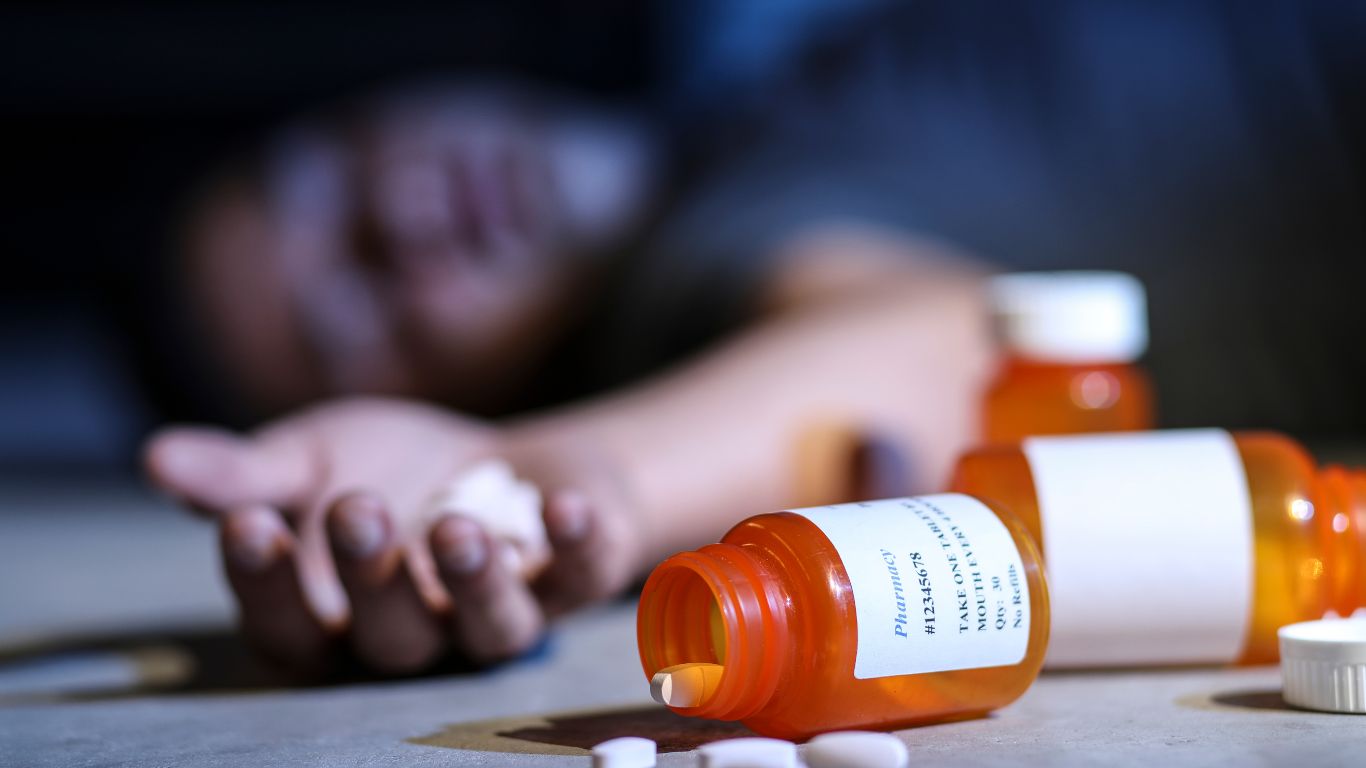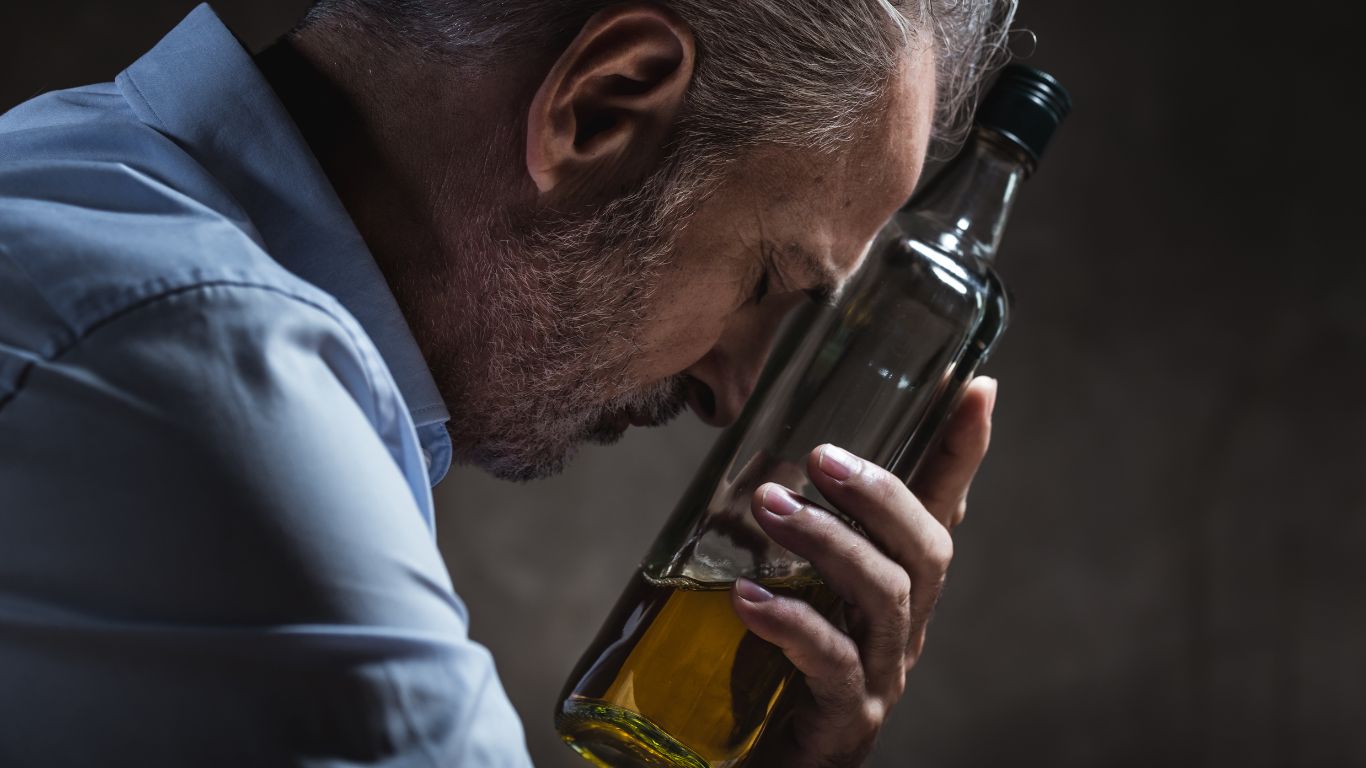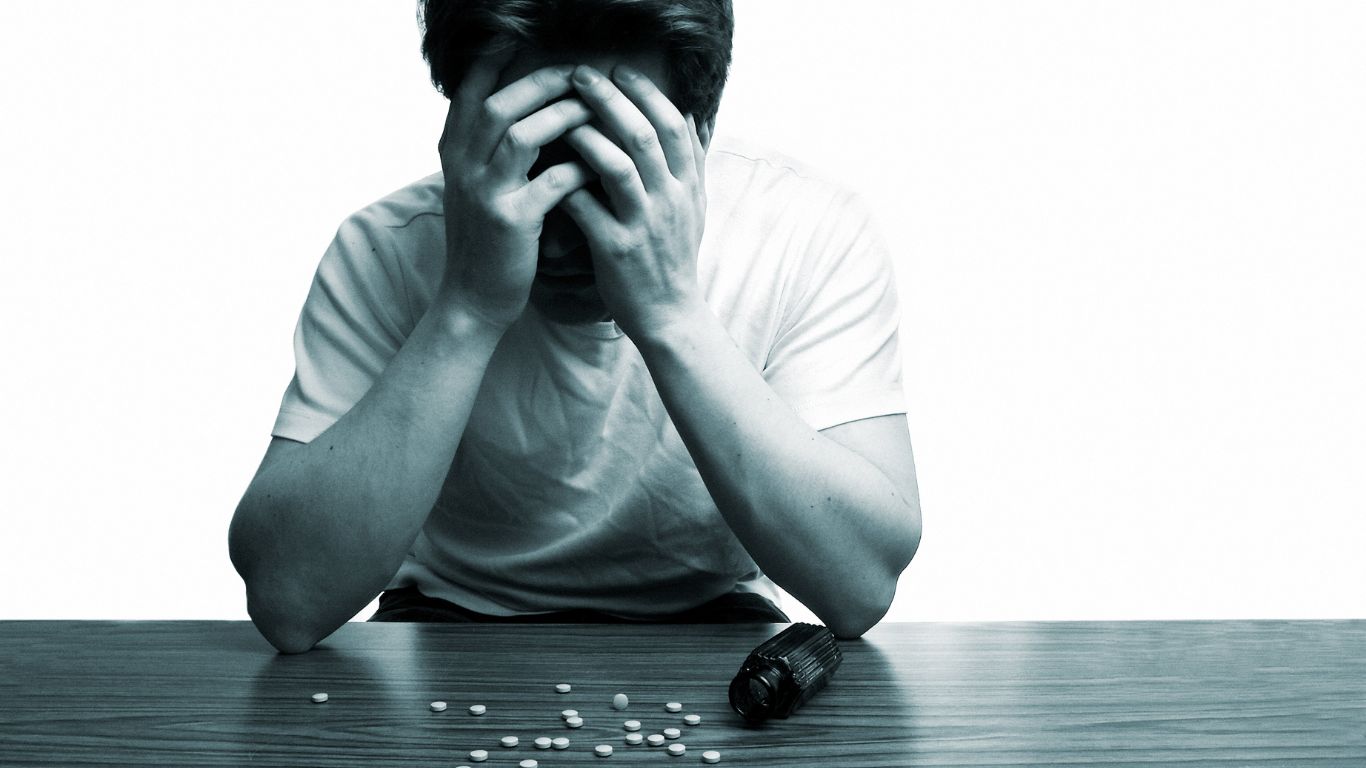Signs and Symptoms of Drug or Alcohol Overdose
Many symptoms of drug overdose occur along with less observable signs and symptoms such as an increase in body temperature, abdominal pain, chest pain, or mental symptoms. The ones listed below are 6 primary symptoms of overdose on drugs that are quicker to identify and are strong indications that someone is in immediate danger of overdose death and needs a medical professional.
- Unresponsive to Stimuli: This symptom is more commonly seen in users of depressant substances such as opioids, benzodiazepines, and even alcohol. The individual may appear to be awake, but they will not respond to noise, being shaken, or feeling pain.
- Loss of Consciousness: Total loss of consciousness is different from “passing out” from alcohol addiction or during the crash that follows substance abuse. This symptom can be seen in any overdose victims using any type of substance, depressant or stimulant, although it is more common and dangerous in those with opioid overdose due to the risk of asphyxiation after vomiting. People who are overdosing and unconscious will not respond to movement or pain at all.
- Hyperventilation, Difficulty Breathing, or Complete Respiratory Arrest: Changes in breathing are a significant indication that someone is in danger of overdose. On stimulant substances such as cocaine, methamphetamines, or MDMA, hyperventilation accompanies an increased heart rate and there is a chance of heart attack or cardiac arrest. On depressant substances, the user may have shallow or ragged breathing due to abdominal pain or nausea and vomiting, so the airway is not clear or they are experiencing shutdown in multiple areas of the body like loss of consciousness or stopped heart rate.
- Cold and/or Blue-Tinged Skin: Lowered body temperature or skin that is beginning to turn purple or blue are signs of an overdose because your body is not getting enough oxygen due to difficulty breathing or slowed heart rate. This will be most evident around the eyes and mouth or the fingertips of overdose victims.
- Seizures or Convulsions: Anyone under the influence of an illicit drug, prescription drug, or alcohol who begins seizing or convulsing is almost certainly overdosing. Do not try to restrain them, make sure their airway is clear, try to put something under their head like a towel, jacket, or blanket to lessen impacts on the ground, and clear the space around them so they do not hurt themselves or others in the process.
- Cardiovascular Symptoms: These symptoms are harder to physically observe and are usually occurring while someone is unconscious or unresponsive, but significantly high or low heart rate or blood pressure, chest pain, and of course a heart attack or stroke are strong signs of an overdose.
What To Do During a Drug Overdose
The first step if you are witnessing a drug overdose is to seek medical intervention and call 911 as soon as possible. If you are alone and want or need to directly help the individual as soon as possible, start the call and place the phone nearby on speaker so you can talk and have your hands free to carry out any medical advice given over the phone.
Naloxone is an opioid overdose antidote that blocks the opioid receptors and can reverse an overdose. It is available without a prescription at all major pharmacies in America and people have begun to carry it with them if they are going to participate in illegal drug use or be around other participants because so many street drugs are laced with fentanyl and it is also effective against opioid prescription medications that cause accidental overdoses.
Administering Naloxone to overdose victims on something other than an opioid substance will not help them but it also won’t harm them so it is ok to try as a first step if you don’t know what illegal drug they took. Simply place the tip of the bottle into the person’s nose and press the pump to release the entire dose, then begin CPR. If there is no response, doses should be given every 3 minutes in alternating nostrils until help arrives.
If you do not have Naloxone or the person is overdosing on stimulants, check to see if they are breathing. If they are, place them on their side in the recovery position with one hand under their head and the leg they aren’t laying on bent to keep them from rolling. This will keep their airway clear and decrease their chances of choking.
If they are not breathing, begin chest compressions and administer 2 breaths every 30 compressions. Continue giving CPR and follow all other medical advice given by your 911 operator while you wait for a medical professional to arrive.
Why Is It Important to Recognize Overdose?
It’s understandable for many people to believe that the risk of drug overdose does not apply to them if they personally don’t know anyone struggling with drug addictions, but this is not the case. Unfortunately, drug overdose is not an isolated issue and habitual substance abusers such as those struggling with heroin addiction are not the only ones with risk factors. Due to the availability of strong prescription medications and the recent occurrence of fentanyl in almost every illicit drug available to first-time users, the risk of a drug overdose is higher than ever.


